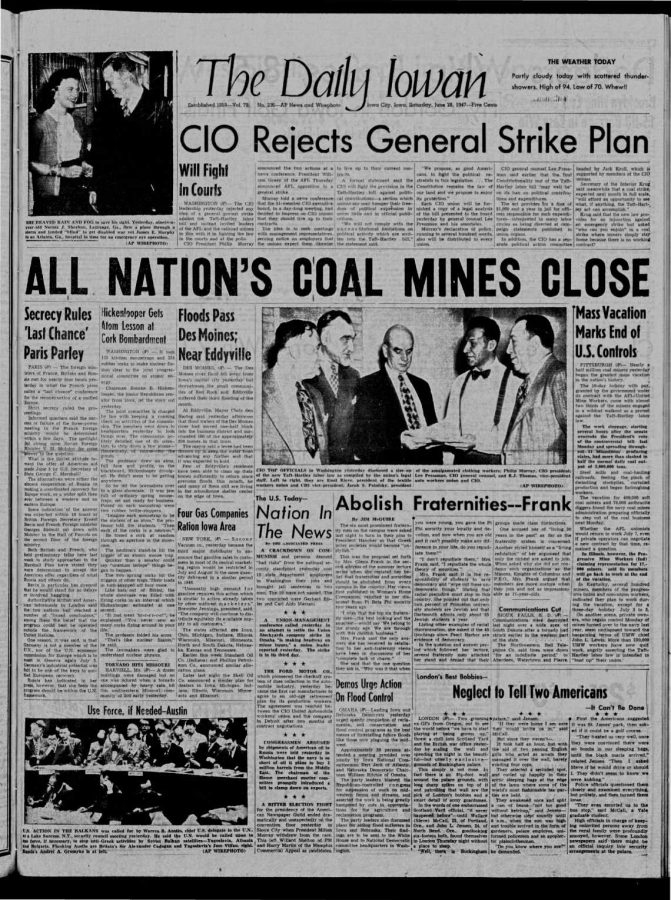Keith Reed
Many English majors have heard of the phrase “Death of the Author”; if not, it will come up at some point. The phrase refers to the idea that when a work is created, the authorial intention no longer pertains to the piece after it has been released to the general public. The interpretation falls solely on the readers because they will not have contact with the author.
Speaking only for me, I cannot with all good conscience tell you when I have fully read a book. English students are stereotyped as being stoic readers, but this fails in reference to me. I have glacial intention to read, as I have generated many goals to start reading expeditiously. Failure was in my future as many know that fortified reading skills are not forged overnight. Even though I purchased a Kindle in an effort of increasing my reading, it remains untouched and fully charged.
In March and April of 2015, Pew Research Center surveyed around 2,000 adults about their reading practices; seven in 10 American adults read a book in the past year whether in part or in whole and in numerous formats. That percentage has declined considerably since 2011, which was almost 80 percent. This could be attributed to the addition and expansion of social-media outlets that dispense immense amounts of information in a matter of seconds. It is strange to think that books may fade with the eight-tracks and cassettes of the past.
The Newspaper Association of America released a report in March 2013, which detailed media consumption across numerous varying platforms. Similar to above, seven in 10 adults access their content from newspaper either online or in print. While print is becoming very much conflated with online content, there is a huge spike in the mobile newspaper audience, up 58 percent in an average month in 2011.
RELATED: Individuality and counterculture
Just this week, I picked up a newspaper to read it and my friend glazed her hand over the glossless surface, as if to refresh her groggy fingers of what it felt like. Reading a newspaper is very nostalgic; it sends me back to high school, when I read them every day. My only worry then was that the ink bled onto my fingers.
Holding out hope is helpful in this fight. I enjoy the physicality of books and newspapers, the tangibility of turning the pages and looking at however much is left to read. Life while in college is very busy for most and after graduation comes time to appreciate the things for which one did not have much time. Reading would be first on my list, second a well-deserved pat on the back for finishing college. As this is being physically printed in a newspaper, I am adding to a list of the literature that can be read later. Whether anyone will read it or not remains to be determined.



